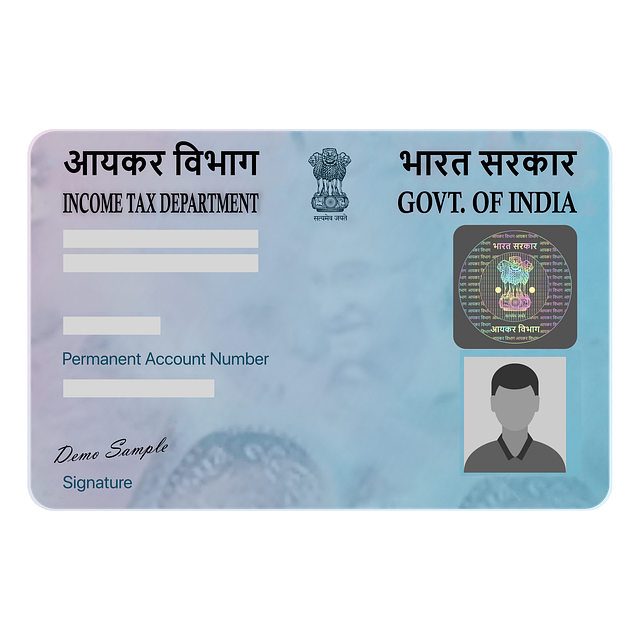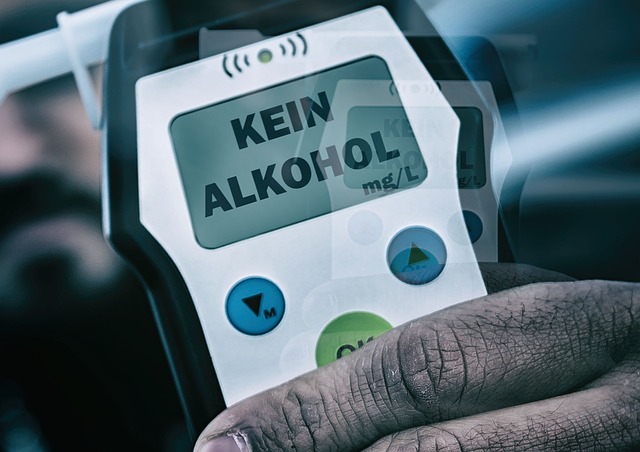Oregon's strict DUI laws emphasize BAC (0.08%) and impairment evidence. Skilled attorneys challenge test accuracy, testimonies, and legal loopholes to protect clients' rights. Common defense strategies include disputing stops, test results, and presenting mitigating factors. Expert testimony and character witnesses aid in penalty mitigation. Hiring a specialized DUI attorney is crucial for understanding options and crafting tailored defenses.
In Oregon, driving under the influence (DUI) carries severe legal consequences. This comprehensive guide delves into Oregon’s DUI laws and penalties, equipping you with essential knowledge. We explore effective DUI defense strategies, from challenging evidence and police procedure to leveraging expert testimony and character witnesses. Furthermore, we navigate the legal processes for a favorable outcome, providing insights tailored to Oregon’s unique judicial landscape. Discover how these tactics can strengthen your DUI defense.
- Understanding Oregon DUI Laws and Penalties
- Common DUI Defense Strategies Explained
- Analyzing Evidence and Police Procedure
- Building a Strong Defense: Expert Testimony & Character Witnesses
- Navigating Legal Processes for the Best Outcome
Understanding Oregon DUI Laws and Penalties

In Oregon, driving under the influence (DUI) laws are designed to deter individuals from operating vehicles while impaired. The state has stringent penalties in place for those convicted of DUI, reflecting the seriousness with which it treats this issue. Understanding these laws and their potential implications is crucial when developing a strong DUI defense strategy.
Oregon’s DUI laws focus on two primary elements: blood alcohol content (BAC) and impairment. The legal limit for BAC is 0.08% for drivers aged 21 and over, with stricter penalties for those under 21. Impairment can be proven through various means, including field sobriety tests, breathalyzer or blood tests, and witness accounts. A skilled DUI defense attorney can challenge the evidence presented by prosecutors, employing strategies such as disputing test accuracy, questioning witness testimonies, and leveraging legal loopholes to protect their client’s rights and minimize potential penalties.
Common DUI Defense Strategies Explained

Many people arrested for Driving Under the Influence (DUI) in Oregon wonder about their legal options and potential defenses. While each case is unique, several common DUI defense strategies exist that can challenge the prosecution’s case. One of the primary defenses is questioning the admissibility of breath or blood test results, often arguing that these tests were not administered correctly or accurately. Another approach involves disputing the officer’s initial stop, claiming that it lacked probable cause or was overly aggressive.
Lawyers may also challenge field sobriety tests, pointing out their subjective nature and potential for error. They might attempt to undermine the reliability of witness testimonies by highlighting inconsistencies or gaps in recollections. Additionally, they could explore any mitigating factors, such as medical conditions or medication use, that might have contributed to the individual’s impaired state but not necessarily reflected in the legal limit for blood alcohol content (BAC). These strategies aim to cast reasonable doubt on the prosecution’s case and potentially lead to a favorable outcome for the accused.
Analyzing Evidence and Police Procedure

When building a robust Oregon DUI defense, examining evidence and understanding police procedures are critical components. An experienced lawyer will scrutinize every aspect of the case, looking for any weaknesses or discrepancies in the state’s evidence. This includes challenging the admissibility of breathalyzer or blood test results, questioning the proper administration of field sobriety tests, and even verifying the accuracy of police reports.
Additionally, attorneys employ various DUI defense strategies to protect their clients’ rights. They may argue that the stop was unlawful, questioning whether the officer had reasonable suspicion or probable cause to pull over the driver. Other tactics involve challenging the chain of custody for evidence, raising issues with the officer’s training or certification, and presenting alternative explanations for the observed behavior. Understanding these procedures empowers defense lawyers to navigate the legal landscape effectively on behalf of their clients.
Building a Strong Defense: Expert Testimony & Character Witnesses

Building a strong defense in an Oregon DUI case often involves leveraging expert testimony and character witness statements. Expert witnesses, such as scientists or chemists, can provide insights into the reliability of field sobriety tests and the accuracy of breathalyzer readings. Their testimony can challenge the state’s evidence, questioning the validity of the test results. Additionally, character witnesses play a crucial role in painting a different picture of the accused, highlighting their good conduct, family responsibilities, or community involvement. These witnesses offer a humanizing element that can sway a jury’s perception and potentially strengthen the DUI defense strategies aimed at mitigating penalties.
Navigating Legal Processes for the Best Outcome

Navigating the legal process after a DUI arrest can be overwhelming, but understanding your options is key to securing the best outcome. The first step in any Oregon DUI case is to retain a skilled defense attorney who specializes in DUI law. These attorneys are equipped with knowledge of local laws and court procedures, enabling them to build a robust defense strategy tailored to your unique circumstances.
They will guide you through each stage, from pretrial hearings to negotiations with prosecutors, ensuring your rights are protected. Effective DUI defense strategies may include challenging the stop or arrest, disputing blood or breath test results, or arguing against the admissibility of evidence. With their expertise, you can navigate these legal complexities and work towards a favorable resolution, potentially minimizing penalties or even having charges dismissed.






